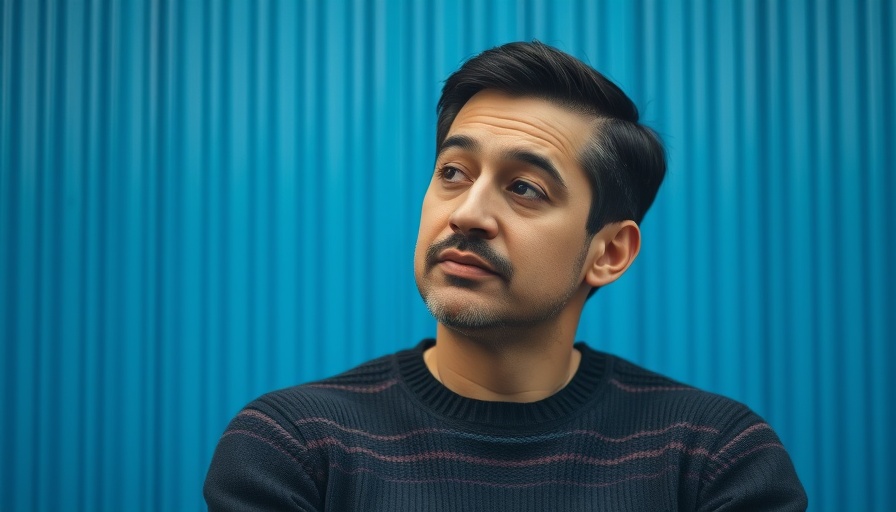
OpenAI's Bold Move: Embracing Open Source AI
In a recent interview at TED2025, OpenAI's CEO Sam Altman unveiled plans to launch a new open-source AI model that promises to rival the most advanced systems currently on the market. This announcement comes amid growing interest in the implications of AI technology, especially as competitors like the Chinese open-source model DeepSeek gain traction. Altman's commitment reflects a newfound urgency in the AI community to leverage open-source developments for both innovation and safety.
Why Open Source Matters: A Shift in Strategy
Altman acknowledged that while OpenAI had been cautious about releasing open-source models due to potential misuse, the organization now possesses a greater understanding of AI's capabilities and risks. He emphasized that open-source initiatives could play a vital role in ensuring responsible AI development, stating, "I think open source has an important place." This marks a significant departure from OpenAI's past approach, which prioritized controlled and limited access to its technologies.
The Balance of Innovation and Safety: A Dilemma
There are undeniable trade-offs in the decision to open-source powerful AI models. Altman candidly noted that there will always be individuals who might misuse such resources, raising ethical questions around AI deployment. As organizations face increasing scrutiny regarding the impacts of their technologies, Altman's statements highlight the balancing act between fostering innovation and safeguarding against potential dangers.
The Role of Community in Shaping AI's Future
OpenAI recently hosted its first community session, inviting stakeholders to discuss parameters for the new model and how it can be shaped. This initiative underlines the importance of collective input in the AI landscape. By engaging the community, OpenAI is moving towards a more inclusive approach, allowing diverse voices to contribute to the evolution of AI technology.
Looking Ahead: Future Predictions and Opportunities
As the AI revolution unfolds, predictions about the impacts of open-source models abound. Altman's viewpoints suggest a bright future where enhanced collaboration could lead to breakthroughs that benefit society. He expressed optimism about the role OpenAI can play, balancing innovation with responsibility. The upcoming open-source model is positioned to not only enhance technological capabilities but also to foster a dialogue about ethical standards in AI.
Conclusion: Embracing the Open Source Revolution
In conclusion, Altman's confirmation of OpenAI's commitment to developing an advanced open-source model signifies a pivotal moment in AI’s evolution. As the world grapples with the implications of artificial intelligence, the shift toward more open systems may pave the way for collaborative advancements that align with collective ethical standards. Stakeholders in the AI community would be wise to engage with this emerging narrative as new opportunities arise.
 Add Row
Add Row  Add
Add 

 Add Row
Add Row  Add Element
Add Element 




Write A Comment